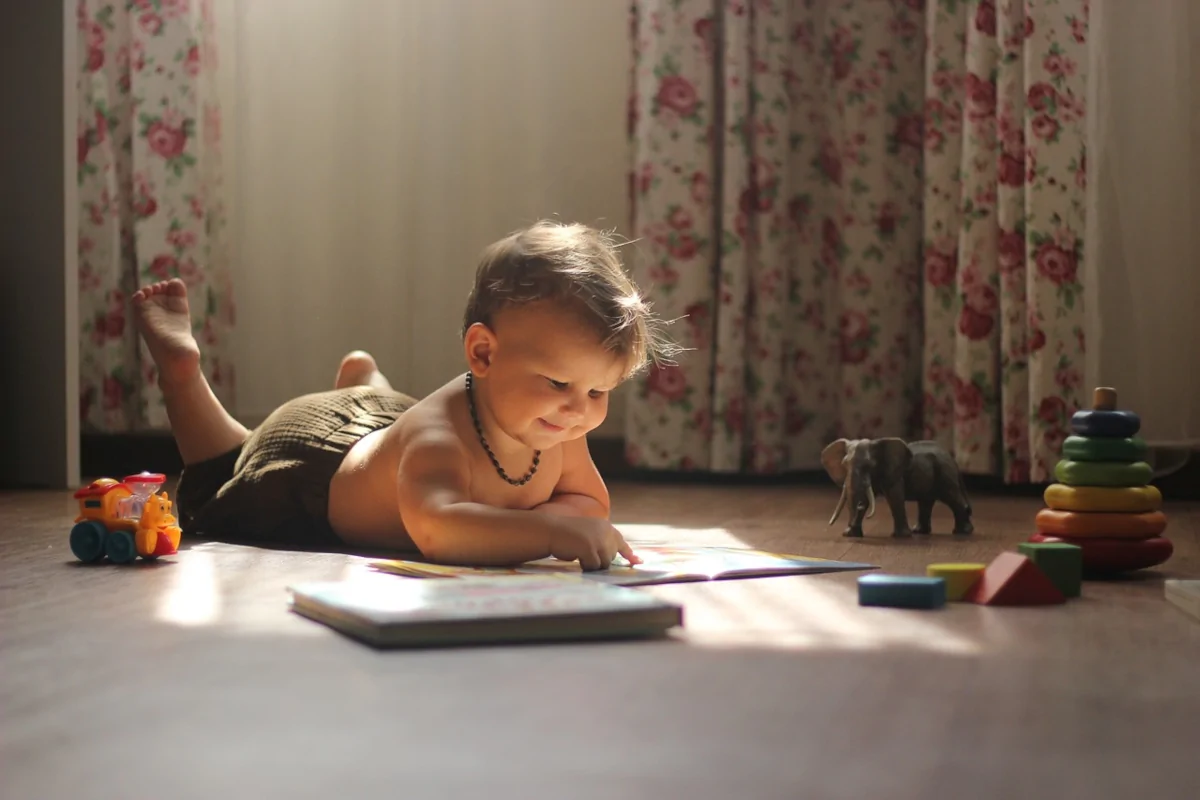
Homework is a common part of school life, but is it really good for students? Many people believe that too much homework can actually be bad for students. This is important because it affects students' health and success. Homework is bad for students because it can cause stress, take away free time, and might not even help with learning. Let's explore why homework might not be the best idea for students.
Stress and Anxiety
Homework has long been a subject of debate, particularly concerning its impact on students' mental and physical well-being. While it aims to reinforce learning, it can sometimes have unintended negative effects.
The Psychological Impact
One big reason why homework is bad for students is because it causes stress and anxiety. When students have a lot of homework, they might feel overwhelmed and worried about finishing it all. This stress can hurt their mental health and make it hard for them to focus on learning. A study by Stanford University found that 56% of students think homework is a main cause of stress.
Physical Symptoms
This stress can lead to physical problems like headaches, trouble sleeping, and even depression. The constant pressure to do homework can make students feel very anxious.
Loss of Free Time
Balancing schoolwork and personal time is crucial for students' well-being. Homework often encroaches on their free time, which is vital for relaxation and development.
Importance of Leisure
Homework also takes away students' free time. Students need time to relax, play, and spend with their families. Homework can take away this important time, leaving students with little chance to do things they enjoy.
Consequences of Limited Free Time
Without enough free time, students can feel unhappy and tired. Free time is important for students to unwind and do activities that help them feel good. When they don't have this downtime, students can get exhausted and lose interest in school.
Questionable Learning Benefits

Lack of Evidence
Many studies show that homework doesn't always help students learn better. Instead of helping, it can make students feel frustrated and bored. When students are bored, they don't learn as well. Education expert Alfie Kohn says there is no strong proof that homework improves academic performance.
Impact on Academic Interest
Too much homework can make students lose interest in learning. Studies have found that for elementary school students, homework has little to no effect on academic achievement. Even in middle and high school, the benefits are small compared to the negative effects.
Physical Health Issues
Besides mental stress, homework can also impact students' physical health. Long hours of sitting to complete assignments can lead to several physical problems.
Sedentary Lifestyle
Homework can also harm students' physical health. Sitting for long periods to do homework can cause back pain and poor posture. It can also make it hard for students to get enough sleep, which is important for their health.
Sleep Deprivation
Not getting enough sleep can affect students' ability to concentrate and do well in school. The American Academy of Pediatrics says that students need enough sleep for their growth and development, but homework can get in the way of this.
Inequality Among Students
Unequal Support Systems
Homework can create unfairness among students. Some students have more help at home, like parents who can assist them with their homework. Other students might not have this support, making it harder for them to do well in school.
Widening Achievement Gaps
This unfairness can widen the achievement gap between students from different backgrounds. Research by the Brookings Institution shows that students from low-income families are less likely to have the resources and support needed to complete homework effectively.
Impact on Social Skills
Reduced Social Interaction
Another reason why homework is bad for students is that it reduces their social skills. When students spend a lot of time on homework, they have less time to be with their friends. This can make it harder for them to make friends and work well with others.
Isolation and Loneliness
Social interactions are important for developing communication and teamwork skills. Not having enough social time can make students feel lonely, which can affect their mental health.
Encouragement of Cheating
When homework becomes overwhelming, it can push students towards dishonest practices. This not only affects their integrity but also undermines the educational process.
Pressure and Dishonesty
Sometimes, students feel so overwhelmed by their homework that they cheat to get it done. This can lead to a lack of honesty and integrity, which are important values.
Educational Consequences
A study published in the Journal of Experimental Education found that the more homework students have, the more likely they are to cheat. This cheating can hurt the education system and students' moral growth.
Risk of Burnout
Academic Fatigue
When students have too much homework, they can feel burned out. This means they feel tired and unmotivated to do their work. Burnout can make it hard for students to stay interested in school and learning.
Long-Term Effects
According to the National Education Association, too much homework can make students feel overwhelmed and exhausted. This negatively impacts their school performance and overall well-being.
Negative Impact on Family Life

Strained Relationships
Homework can also hurt family life. When students spend a lot of time on homework, it can create stress and conflict in the family. Parents may feel stressed trying to help, and students may feel pressured to meet expectations.
Need for Balance
The Family Institute at Northwestern University suggests that less homework can improve family relationships and create a happier home. Family time is important for building strong relationships and providing emotional support to children.
Lack of Creativity and Critical Thinking
Focus on Rote Learning
Homework often focuses on rote learning and repetitive tasks. This can limit students' creativity and critical thinking skills. When students spend too much time on homework, they have less chance to do creative activities and explore their interests.
Encouraging Creative Growth
A study by the University of Michigan found that students with less homework have more time to do activities that boost creativity and critical thinking.
The Role of Teachers and Schools
Teachers and schools have a significant responsibility in shaping students' academic lives. They can make decisions that positively or negatively impact students' learning experiences and overall well-being.
Balancing Educational Needs
Teachers and schools play a big role in deciding how much homework students get. It's important for educators to think about the negative effects of homework and find a balance that helps students learn and stay healthy.
Alternatives to Traditional Homework
There are other ways to help students learn without giving them too much homework. For example, schools can use project-based learning, where students work on long-term projects that cover different subjects and skills.
In-School Assignments
Another option is to let students do assignments during school hours, which reduces the need for homework.
Conclusion
Homework can have many negative effects on students, such as causing stress, taking away free time, and not really helping them learn better. It can also affect their physical health, create inequality, reduce social skills, encourage cheating, and lead to burnout. It's important for schools to find a balance and make sure that homework is not overwhelming for students. By doing this, students can stay healthy, happy, and excited about learning.
By understanding why homework is bad for students, educators and parents can work together to create a more balanced and effective approach to learning. Reducing the amount of homework and focusing on quality over quantity can help students succeed without compromising their well-being.
References
Stanford University. (2014). "Stanford research shows pitfalls of homework".
American Academy of Pediatrics. (2014). "Pediatricians Say No Homework for Kindergarteners".
Brookings Institution. (2016). "Homework and its impact on students' learning".
Journal of Experimental Education. (2010). "Cheating in middle and high school: A critical review".
National Education Association. (2014). "Research Spotlight on Homework".
Family Institute at Northwestern University. (2015). "The impact of homework on family life".
University of Michigan. (2007). "What's the Impact of Homework on Learning?".